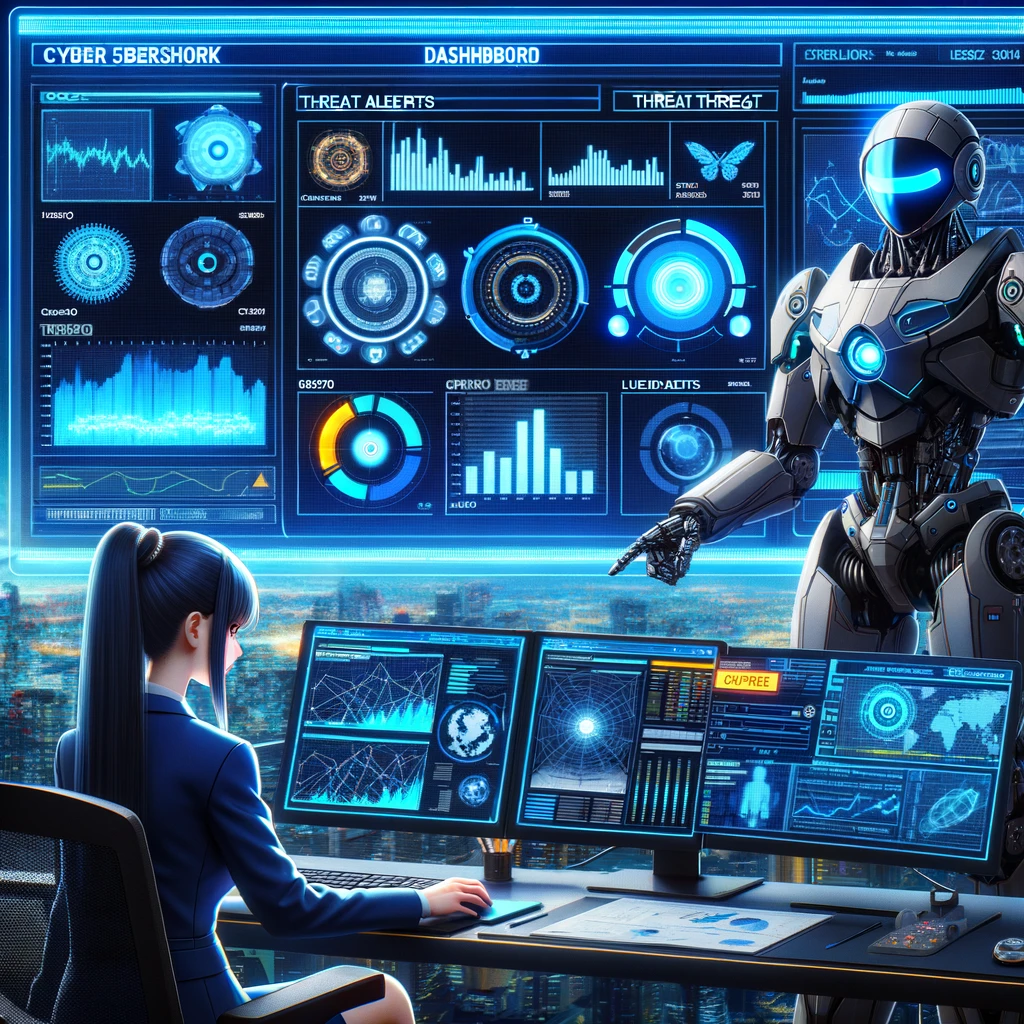In an era where digital threats are evolving with unprecedented speed and complexity, the global cybersecurity landscape faces a significant and growing challenge: a pronounced skills shortage. This gap between the demand for cybersecurity expertise and the available pool of skilled professionals poses a critical risk to businesses and governments alike. However, emerging technologies, particularly artificial intelligence (AI) and automation, are stepping into the breach, offering innovative solutions that could change the game.
The Cybersecurity Skills Shortage
The gap in cybersecurity expertise is not just a worrying trend—it’s a burgeoning crisis that impacts businesses globally. With the ISC2 Publishes 2023 Workforce Study revealing a staggering need for 4 million professionals to secure our digital frontiers, the reality is stark. Despite a commendable growth in the workforce, with 5.5 million cybersecurity professionals marking an 8.7% increase from the previous year, the supply falls dramatically short of the demand. This shortage, compounded by a pronounced skills gap in areas critical for modern cybersecurity—such as cloud computing, AI, and zero-trust architectures—signals a vulnerable juncture for the digital economy. In a landscape where 92% of professionals attest to a skills gap within their organizations, the need for strategic action is clear. This deficiency not only endangers individual organizations but also the broader digital ecosystem, highlighting an urgent call for businesses to fortify their defenses by nurturing talent and embracing innovative solutions.
AI to the Rescue
Enter AI, a technology that’s proving to be a formidable ally in the battle against cyber threats. AI and automation are being deployed to perform routine security tasks—such as monitoring network traffic, analyzing threat data, and detecting anomalies—that would traditionally require human intervention. This automation allows existing cybersecurity personnel to concentrate on more complex, strategic issues, effectively multiplying the force of an organization’s cybersecurity team without the need to increase headcount.
Enhancing Human Effort with AI
The synergy between AI and cybersecurity professionals is fundamentally transformative, not merely additive. AI serves as a force multiplier for human capabilities, navigating the vast seas of data at speeds and scales unimaginable for any individual. Imagine AI systems as diligent assistants that tirelessly sift through millions of security logs within seconds to pinpoint potential threats, tasks that would otherwise demand exhaustive human effort and time. This harmonious collaboration doesn’t just streamline cybersecurity operations; it elevates the strategic potential of teams, enabling them to focus on complex problem-solving and innovation. The result is a fortified defense posture, where human insight and AI’s analytical prowess converge to form a more dynamic and resilient cybersecurity framework.
Challenges and Considerations
However, the integration of AI into cybersecurity is not without its challenges. Concerns about data privacy, the need for transparent AI operations, and the dangers of over-reliance on automated systems are significant considerations. Addressing these issues requires a thoughtful approach that balances the benefits of AI with the need for oversight, ethical considerations, and continuous human engagement.
For more insights and to explore how we can assist your organization in navigating these challenges, visit our contact page and reach out. Our team is dedicated to helping you implement AI-driven strategies whether it be Cybersecurity or any other solutions that align with your business’s ethical and operational goals.
Future Outlook
Looking ahead, the potential of AI to further mitigate the cybersecurity skills shortage is immense. As AI technologies evolve, they will become increasingly sophisticated in detecting and responding to threats, potentially ahead of their occurrence. This proactive approach to cybersecurity, powered by AI, could significantly alleviate the pressure on the existing workforce and attract new talent to the field.
Conclusion
The convergence of AI and cybersecurity presents a beacon of hope in addressing the global cybersecurity skills shortage. By automating routine tasks, enhancing human efforts, and providing innovative training solutions, AI can play a pivotal role in safeguarding our digital future. However, the journey ahead requires careful navigation, balancing technological advancements with ethical considerations and human oversight. Ultimately, the continuous learning and adaptation enabled by AI could be the key to building a resilient, secure digital world.


